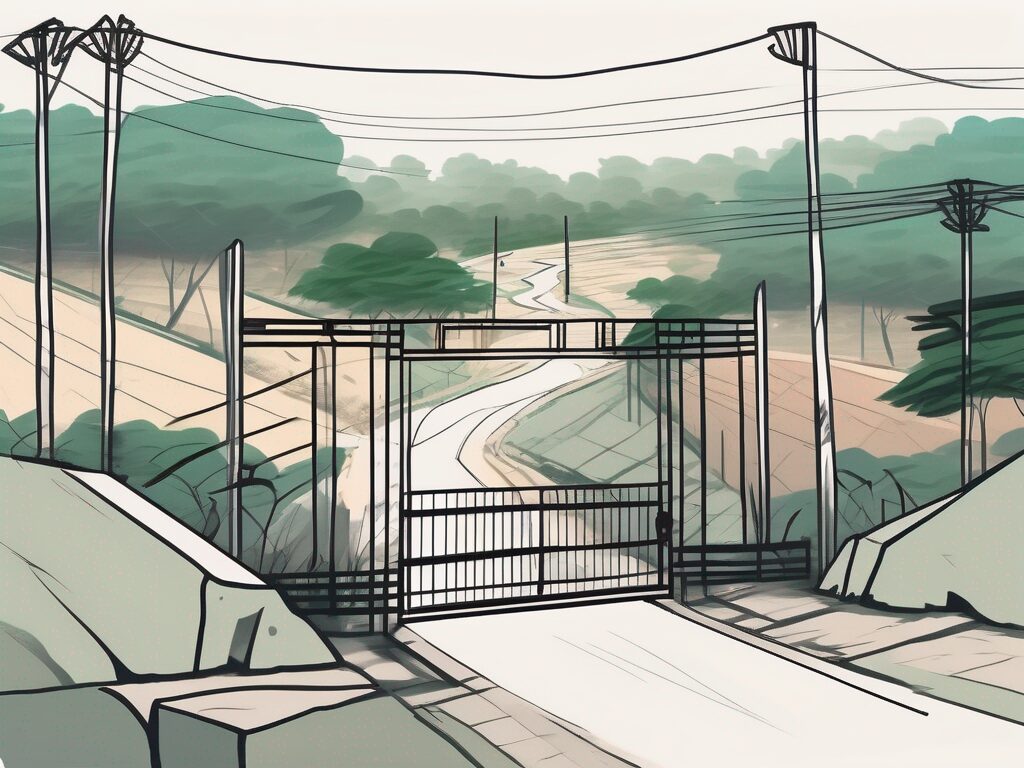Education is the cornerstone of society, a fundamental right that should be accessible to all. However, in many parts of the world, including Cambodia, this right is not fully realised. There are numerous barriers to education in Cambodia that prevent children and adults alike from receiving the quality education they deserve. This article aims to shed light on these barriers, in the hope of sparking conversation and action towards overcoming them.
1. Poverty
Economic Constraints
One of the most significant barriers to education in Cambodia is poverty. Many families in Cambodia live below the poverty line, struggling to meet their basic needs. This economic hardship often forces children to work instead of attending school, to contribute to the family income. It’s a bit like being stuck in a vicious cycle – without education, these children are likely to remain in poverty, but without money, they can’t afford to go to school.
Furthermore, even though public education is technically free in Cambodia, hidden costs such as uniforms, textbooks, and transportation can make it unaffordable for many families. Imagine being unable to send your child to school because you can’t afford a school uniform – it’s a heartbreaking reality for many Cambodian families.
Child Labour
Child labour is another consequence of poverty that hinders education in Cambodia. Many children are forced to work in hazardous conditions, such as in brick factories, rice fields, or on the streets, to help support their families. This not only deprives them of their childhood but also their chance to get an education. It’s like a child being forced to act as an adult, missing out on the opportunities and joys of childhood.
Moreover, the long hours and strenuous work often leave these children too tired or with too little time to attend school. This situation is akin to a child being trapped in a cage, unable to escape the cycle of poverty and lack of education.
2. Lack of Infrastructure
School Facilities
Another significant barrier to education in Cambodia is the lack of adequate school facilities. Many schools in rural areas lack basic amenities such as clean drinking water, toilets, and electricity. This is akin to trying to cook a meal without a kitchen – it’s possible, but incredibly challenging.
Moreover, many schools are overcrowded, with too many students and not enough teachers or classrooms. This leads to a poor learning environment, where students cannot receive the individual attention they need. It’s like trying to hear a whisper in a noisy crowd – the message gets lost.
Access to Schools
Access to schools is another issue. Many children in rural areas have to travel long distances to reach the nearest school. This journey can be dangerous, especially during the rainy season when roads become impassable. It’s like having to climb a mountain every day just to get an education – a daunting task for any child.
Furthermore, many families cannot afford the cost of transportation, making it even more difficult for their children to attend school. This is akin to having a key to a door, but not being able to reach the door to unlock it.
3. Cultural Factors
Gender Discrimination
Gender discrimination is another barrier to education in Cambodia, particularly for girls. Many families prefer to invest in their sons’ education, while girls are often expected to help with household chores or get married at a young age. This is like planting a seed but not watering it – the potential is there, but it’s not being nurtured.
Moreover, girls often face safety issues, such as sexual harassment or violence, on their way to school or even at school. This fear can deter families from sending their girls to school. It’s like a dark cloud hanging over their education, casting a shadow on their future.
Language Barriers
Language barriers also hinder education in Cambodia. Many ethnic minority children do not speak Khmer, the language of instruction in Cambodian schools, at home. This language barrier can make it difficult for these children to keep up with their peers, like trying to read a book in a language you don’t understand.
Moreover, these children often face discrimination or exclusion because of their language or ethnic background, further discouraging them from attending school. It’s like being an outsider in your own home – a feeling no child should have to experience.
In conclusion, the barriers to education in Cambodia are numerous and complex, intertwined with issues of poverty, infrastructure, and culture. However, by understanding these barriers, we can begin to develop strategies to overcome them, ensuring that every child in Cambodia has the opportunity to receive a quality education.
Empower Educators to Overcome Barriers in Cambodia
Recognizing the critical role educators play in surmounting the barriers to education in Cambodia, IPGCE is committed to empowering teachers with the necessary qualifications and professional development. By participating in the International Postgraduate Certificate in Education (iPGCE), educators can enhance their credentials, increase their chances of career progression, and join a global network of professionals. This Level 7 programme is tailored to provide a deep understanding of international curricula, making educators more adaptable and equipped for the challenges of global education systems. With flexible online study options, the iPGCE is the practical solution for teachers striving to balance career advancement with their ongoing work commitments. Don’t let inadequate qualifications be a barrier to your success. Join the UK’s #1 Teacher Training Course and be the change that Cambodia’s education system needs.

